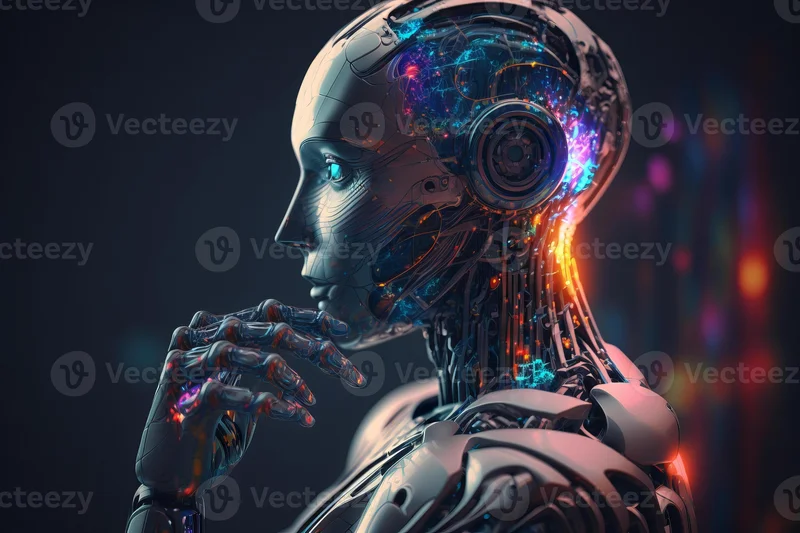Decoding the Signals: Is Nvidia Leading Us to an AI Spring?
Okay, let's talk about Nvidia. We're seeing headlines buzzing about AI infrastructure, but I'm here to tell you it's way more than just another tech story. It's about the potential for a real, tangible AI spring – a blooming of innovation that could reshape, well, everything!
I know, I know, you're probably rolling your eyes. "AI this, AI that," right? But stick with me. This isn't just hype; it's about understanding the underlying shift in computational power that Nvidia is driving. Think of it like this: Nvidia isn't just selling shovels in the gold rush; they're building the entire infrastructure for the digital frontier. They are building the train tracks that are going to make sure the gold makes it back east.
What do I mean? Well, consider the sheer scale of investment pouring into AI right now. We're talking about a fundamental shift in how we approach problem-solving, a move from brute-force computing to intelligent systems that learn and adapt. Nvidia's chips are the engine driving this revolution, providing the computational muscle needed to train massive AI models. And the speed of this is just staggering—it means the gap between today and tomorrow is closing faster than we can even comprehend.
The Real Revolution: Democratizing AI
But here's the real kicker, the "Big Idea" that gets me truly excited: this isn't just about big corporations building fancy AI toys. It's about democratizing access to this technology. Nvidia's advancements are paving the way for smaller companies, researchers, and even individuals to harness the power of AI.

Think back to the early days of the internet. It was clunky, expensive, and largely inaccessible to the average person. But as infrastructure improved and costs came down, it sparked a wave of innovation that transformed society. We're on the cusp of something similar with AI. I'm talking about a world where AI tools are as ubiquitous and easy to use as smartphones are today. What does that even look like? Well, that's the question we should all be asking ourselves.
We're already seeing glimpses of this future, with AI image generators and AI chat tools becoming increasingly accessible. But this is just the beginning. Imagine a world where AI assistants can personalize education, accelerate scientific discovery, and even help us create art. It's a world of possibilities.
Of course, with great power comes great responsibility. As AI becomes more integrated into our lives, we need to address ethical concerns around bias, privacy, and job displacement. It's crucial that we develop AI systems that are fair, transparent, and aligned with human values. We need to be mindful that AI doesn't become a self-fulfilling prophecy of our worst tendencies.
But I remain optimistic. I believe that by embracing a human-centered approach to AI development, we can unlock its full potential to create a better future for all.
